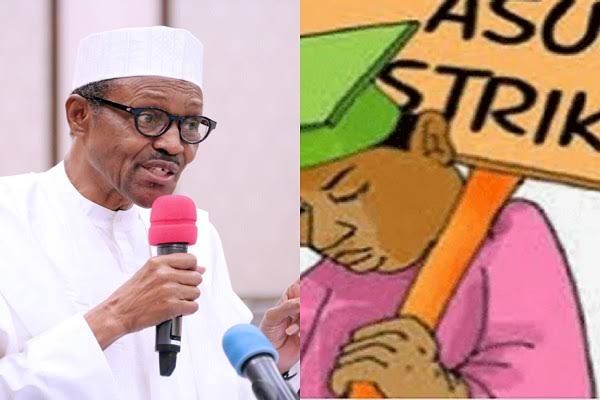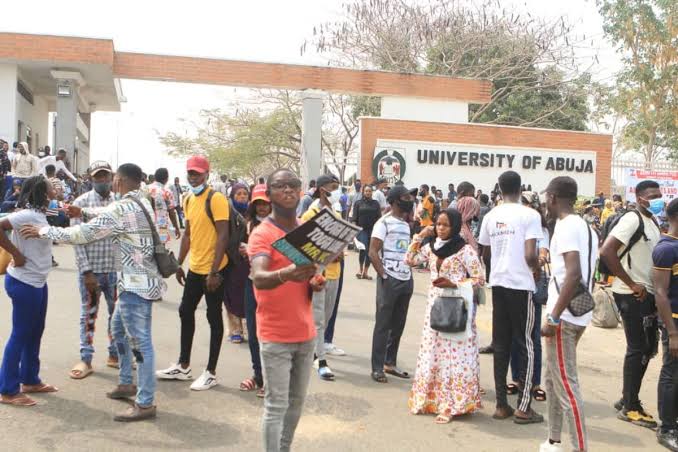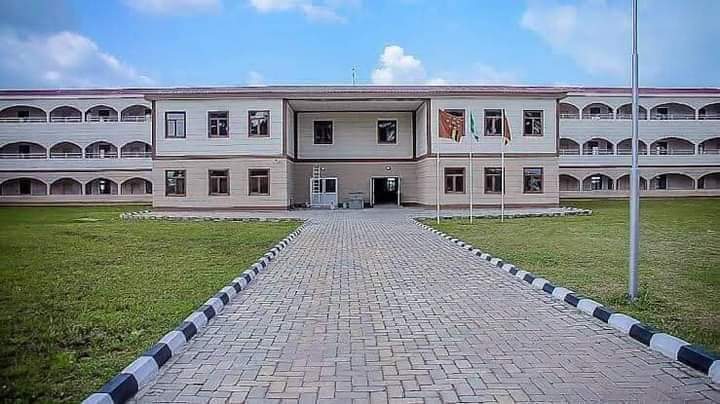By Mahbubat Kanyinsola Salahudeen
Since Nigeria’s return to democracy in 1999, the Academic Staff Union of Universities (ASUU) has been on its 16th strike, shutting down academic activities in Universities for more than a cumulative period of 4 years in 23 years, leading to constant disruption of the academic calendar and much to the frustration and disappointment of students on the inability of the academic union and the Federal government to settling their differences.
As for 2022, August 14 will be exactly 6 months since ASUU has called its members across federal universities out of their duties. Gates of federal universities across the country have remained shut, and there seems to be no sign of university students returning to classes anytime soon.
The strike, which commenced on February 14, 2022, about 5 months and 20 days ago, seems to be unending despite several meetings, consultations, and negotiations between the Academic Staff Union of Universities and the Federal government, which have yielded no results.
With helpless students idle away, parents worrying, campus businesses gone, the government unperturbed, and wealthy parents flaunting pictures of graduating students abroad, it is more likely that this strike period will continue for a longer time. Here are four reasons the current 2022 ASUU strike will last longer than every other strike.
Only recently, the Federal Government informed the Academic Staff Union of Universities that there is little money in circulation only for the president to approve the purchase and donation of 1.4 billion Naira worth of 2022 Toyota Land Cruiser V8 to the Niger Republic in August 2022 as an attempt to help the country’s capacity to protect its citizens. This came after the federal government donated $1 million to Afghanistan’s Taliban government in March 2022, less than a month after the commencement of the strike. While the decision provoked outrage across the country, this is just one of the many shreds of evidence that the Federal government is unperturbed about the crisis in the educational sector.
The Academic Staff Union of Universities has made it clear that this is a roll-over strike, meaning the strike action will continue until the federal government meets its list of demands. In July, much to the disappointment of university students, the National President of the Union, Professor Emmanuel Osodeke, asked undergraduates to be patient while adding, “Two years isn’t too much to sacrifice.”
The statement clearly indicates that the union will not back off anytime soon. The ongoing strike has done more harm than good to undergraduates across federal universities, with many losing hope in education. It is common knowledge that it took some of them years to gain admission because of the problem of oversubscription in public universities and other factors like the quota system. Finding a job may be difficult when some of them leave school (those who eventually do, because some may never go back).
While there have been 16 strike actions since Nigeria’s return to democracy, the results are always the same. The union embarked on a 6 months strike in 2013, a week’s strike in 2014, a 36-day strike in 2017, and in 2020 it went on a 9-month-long strike. The list of strikes is endless. Yet the reason behind the unceasing strike actions are still there and remain unchanged.
ASUU keeps referring to a specific 2009 agreement anytime it embarks on a strike. It also refers to a 2001 agreement that gave birth to the 2009 agreement. While we may not be able to provide details of these agreements, there are specific recurrent issues in the Union’s agitation, some of which include the revitalisation of public universities, earned academic allowances, funding, autonomy, and recent, the demand for the University Transparency Accountability Solution (UTAS) as a replacement for the Integrated Payroll and Personnel information system (IPPIS).
Furthermore, despite continuous agitations by concerned students, the forthcoming 2023 elections seem more critical as the federal government appears unperturbed, with stories about PVC registration in the everyday news. Back in April, the prices of nomination forms for the forthcoming elections got Nigerians, especially the youth, enraged after it was revealed that one nomination forms cost more than 10 million Naira and the presidential nomination form for APC cost 100 million Naira. The federal government might have as well met the Academic Staff Union of Universities’ demands with these amounts. We will have you know the prices also indicate that youths aspiring to hold political positions have close to no chance of succeeding.
It is stale news, however, that the Academic Staff Union of Universities does not intend to stop the ongoing strike until the government meets their demands. This means the academic lives of thousands of undergraduates could be up in the air. Strike actions by ASUU have always been an issue of great concern since 1999 and have caused students to spend more time away from classes than the statutory duration in school and this, unfortunately, is a contributing factor to the increasing crimes in the country as many youths resort to illegal means to attain wealth thereby compromising their future.
Strike actions are detrimental to any country’s economy, and Nigeria is not immune to this. In an estimate, ASUU has spent no less than 1500 days on strike. Nigerians must take stringent steps to ensure the commencement of academic activities in Nigerian public universities, and this begins with meeting the demands of the Academic Staff Union of Universities.
DISCLAIMER: All views expressed in this story belong solely to the author.
Do you have any information you wish to share with us? Do you want us to cover your event or programme? For Adverts or report call/WhatsApp us on +2348072633727




